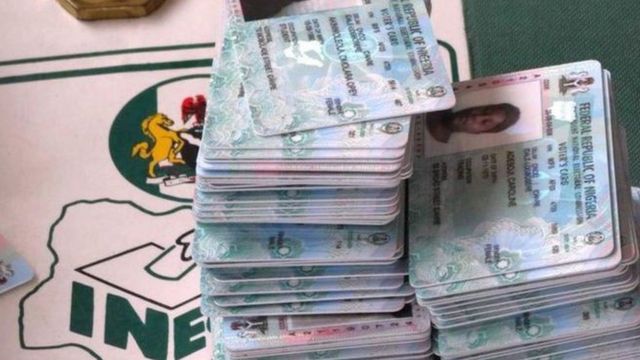Nigeria’s Independent National Electoral Commission (INEC) has announced that 168,187 new voters have been registered in Anambra State ahead of its upcoming gubernatorial election. The figure, disclosed by INEC National Commissioner Sam Olumekun during a media briefing in Abuja on Thursday, marks the highest two-week voter registration surge in the state since the introduction of the Continuous Voter Registration (CVR) system in 2017.
Olumekun emphasized that the preliminary data, though pending final verification, reveals notable demographic trends: 58% of registrants are women, while 42% are men. Over half (53.97%) are youths aged 18–34, and 36.92% identified as business owners, reflecting the state’s entrepreneurial landscape. Students accounted for 26.31% of new voters, while persons with disabilities constituted a smaller cohort, with 303 registrants reporting physical impairments and 207 identifying with albinism.
The registration drive, initially slated to end on July 17, was extended to July 20 following public appeals. Olumekun attributed the high turnout to citizen engagement and INEC’s efforts to streamline processes. Detailed statistics have been published on the commission’s website, with plans to display provisional voter lists across Anambra’s 326 electoral wards from July 26 to August 1 for public scrutiny. This phase allows residents to flag discrepancies before the finalized register integrates biometric checks and is published ahead of the election.
INEC also confirmed that Permanent Voter Cards (PVCs) for new registrants, alongside replacement or transfer requests, will be available for collection before polling day. “We acknowledge the tight timeline with 105 days remaining, but we assure all eligible voters their PVCs will be ready,” Olumekun stated. Existing PVCs from prior registrations will also be distributed.
Separately, the commission reported a growing interest in political party registration, with 10 new applications submitted this week, raising the total to 144. A digital portal for processing requests, developed internally by INEC’s ICT team, has undergone testing and formal approval. The commission is currently vetting applicants against eligibility criteria, with findings to be reviewed in subsequent meetings. Details of aspiring parties—including names, logos, and interim leadership—are now accessible on INEC’s platforms.
The developments underscore INEC’s push to enhance electoral transparency and accessibility in Anambra, a state historically marked by competitive polls. With voter registration now closed, public attention shifts to credential distribution and the integrity of the finalized voter roll, key factors in ensuring a credible election process.
